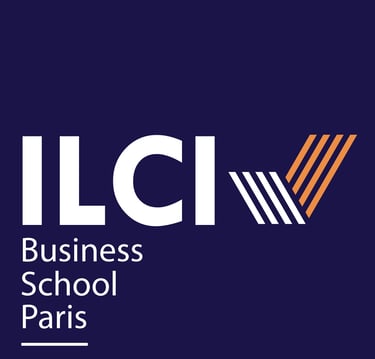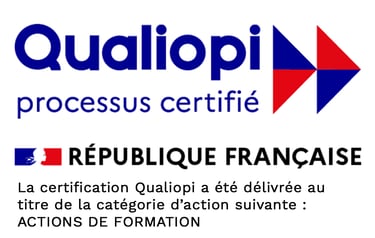CHARTER FOR THE RECEPTION IN TRAINING OF PERSONS
Why this Charter?
In terms of regulations, the generalized accessibility of disabled people to all common law systems, as set out in the Handicap Act of February 11, 2005, translates into a new obligation for vocational training organizations to adapt training methods to the needs of disabled people, through part-time or discontinuous intake, adapted training duration, adapted validation methods and adaptations to teaching aids.
In line with our values, this charter guarantees that our students with disabilities will be well looked after within our establishment, that they will be able to access training with a clear offer of services, that their specific needs will be taken into account as far as possible, or at least that their requests will be listened to attentively and that they will be directed towards a suitable solution.
Our general commitments
Welcoming and listening to requests from individuals with disabilities without discrimination
Their specific needs must be taken into account by :
-> Announcing from the outset that the training course is accessible on the welcome booklet and the needs analysis questionnaire: accessible after case-by-case review with the disability advisor.
-> Adapting our intervention methodology wherever possible.
-> Raising awareness among the entire teaching and administrative staff of the issues involved in accepting people with disabilities.
-> Distribute this "Charter for Welcoming People with Disabilities to Training Courses" in a space accessible to all, to inform trainees and staff of the commitments made.
Responsibilities of the Disability Referent – M.THEBAUT
Welcoming, listening to and assessing any specific disability-related needs (either directly or through the client)
-> Solicit or refer the disabled individual to partners such as AGEFIPH, CAP ... for any assistance, support or questions.
-> Ensure the feasibility of organizational, material and pedagogical adaptations to enable the person's integration.
Accessibility of information
-> Our communication materials indicate our approach to the disabled public (welcome booklet, website, etc.).
-> Staff are trained to receive disabled or partially autonomous individuals, and are able to adapt their language to suit the individual concerned.
Pedagogical accessibility
A disability referent has been appointed (see above).
Trainers have been made aware of the various pathologies and their compensation needs.
Our correspondent Agefiph :
Bastien GIESBERGER – rhf-idf@agefiph.asso.fr
V1.0. 30-01-2024
ABOUT ILCI
ILCI Business School Paris is both a business school in Paris and a language center offering various Bachelor, MBA and DBA courses.
We offer programs in Management, Marketing, Communications, Digital, Logistics, Luxury Goods and Tourism.
Learning languages to develop your international career. ILCI teaches French as foreign language.
ADRESS
Campus Véronèse – 4 rue Véronèse
Campus Dunois – 77 rue Dunois
Campus Véronèse is open from Monday to Friday, 9:00 am to 5:00 pm.
INSTITUT DE LANGUES ET DE COMMERCE INTERNATIONAL
Etablissement d’Enseignement Supérieur Privé
© COPYRIGHT - ILCI- TOUS DROITS RESERVES - Mentions légales


Version 9 - Certificat N°24FOR00176.1 valable jusqu'au 12/03/2027
CONTACT US
Application for a teaching positon
Academic Partnership Projects


